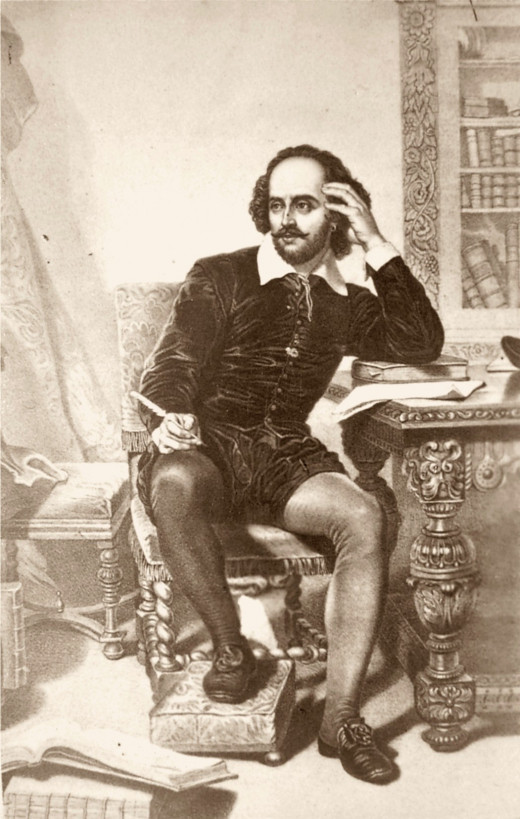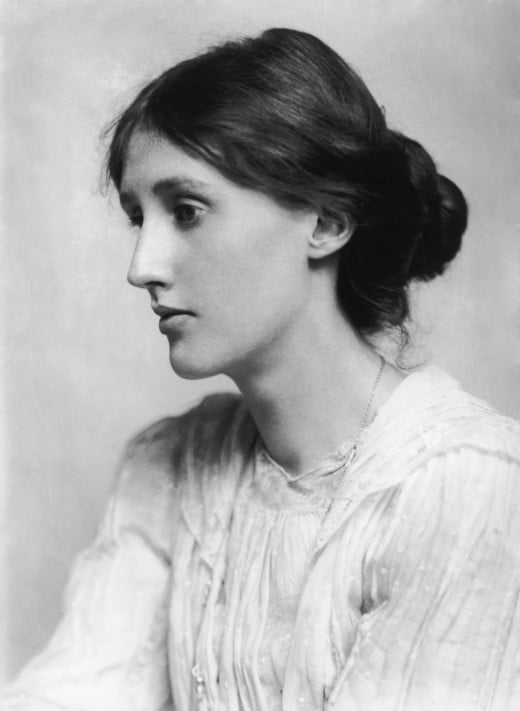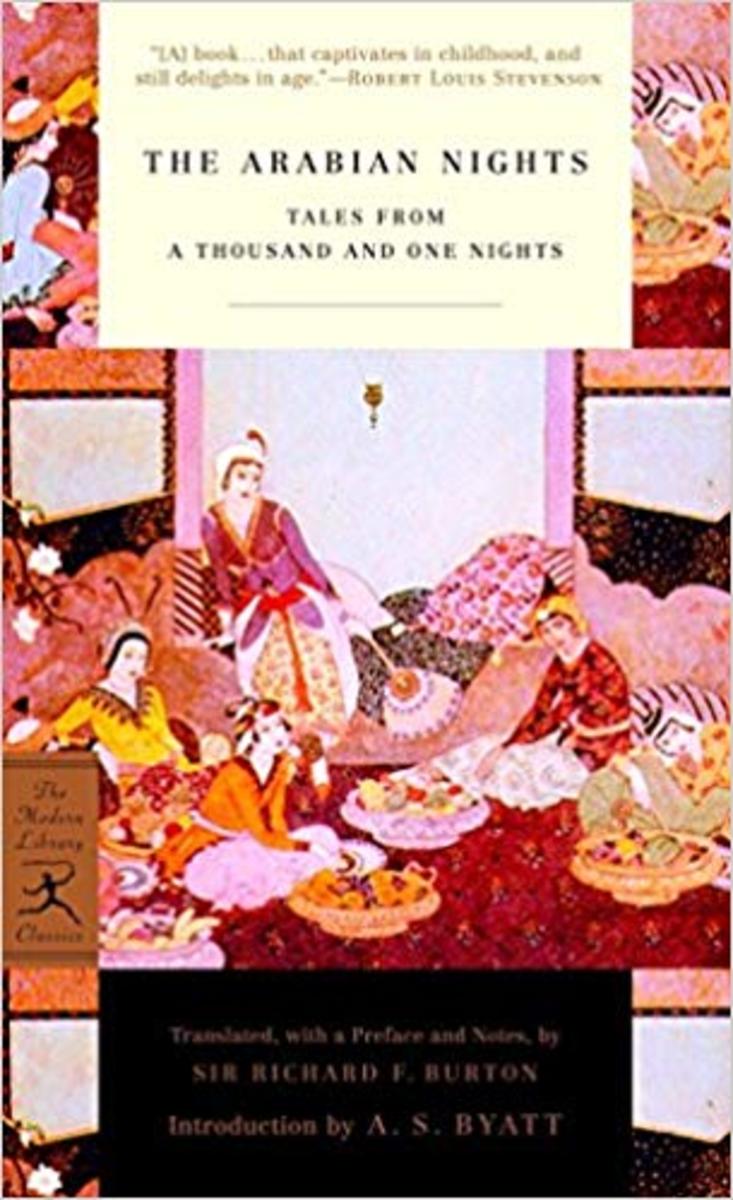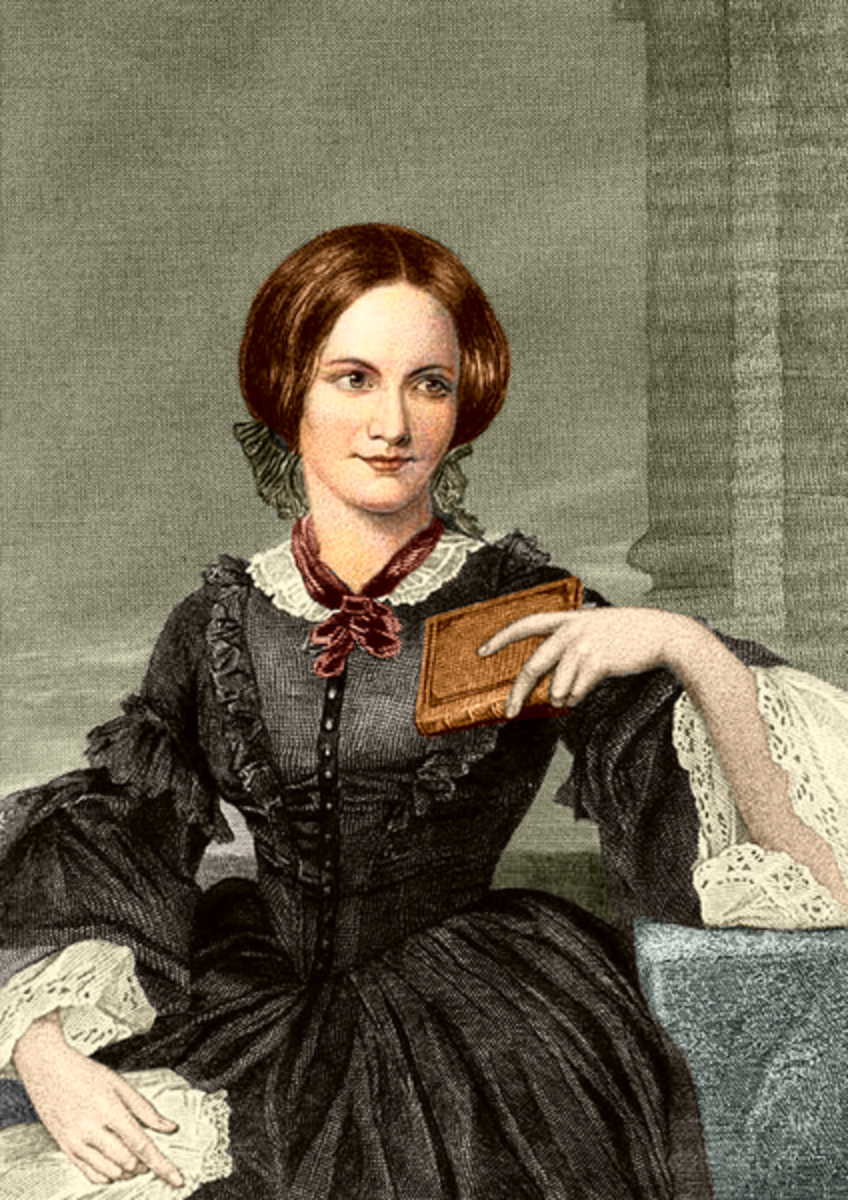- HubPages»
- Books, Literature, and Writing»
- Literature»
- Literary Criticism & Theory
How to Think Critically About a Piece of Literature
Beloved Pieces of Literature
Consider picking up one of the following beloved works of literature:
- Moby Dick
- Great Expectations
- Anna Karenina
- Jane Eyre
- Beloved
- Pride and Prejudice
- The Sun Also Rises
- Wuthering Heights
- The Adventures of Huckleberry Finn
- The Scarlet Letter
- The Turn of the Screw
Thinking Deeply About Literature
Of the countless rows of novels and nonfiction books on the shelves at libraries and bookstores, many of the offerings merely tell stories--narratives meant to entertain you, teach you something new, and pass your free time in a pleasurable hobby.
Literature is something different, however--literature tells a story that isn't just meant to entertain the reader, though it certainly may and often does do so. Literature has a deeper aim--to make the reader think, grow, and change in some way.
That's why picking up the latest Harlequin may leave you in a good mood, but a month later you've forgotten both the plot and the characters' names, while a book such as "Jane Eyre" or "The Sun Also Rises" can stay in your thoughts and hearts for your entire life.
Read on for how to think critically about a piece of literature.
William Shakespeare

Understanding the Author's Background In Order to Think Critically About Literature
While it is popular in college and high school for instructors to teach "close reading," in which the reader focuses only on the text and looks for deeper meaning based on word choice, sentence structure, and characterization, the truth is that writers don't write in a vacuum.
Instead, they're informed by the culture, politics, economics, and environment of their era. Jane Austen probably wouldn't have written about manners in Regency England had she lived 100 years later, and Jonathan Swift wouldn't have been able to write "A Modest Proposal" 100 years before he did. Society informs literature just as much as literature informs society.
So, when you're thinking critically about a piece of literature, one way to approach it is to learn more about both the author's life and the political, social, and cultural influences of the time. This will not only allow you to understand the text more deeply and comprehend the author's more obscure (to our eyes) references, but will also give you a tool to analyze both the text and what the author was trying to say.
Charlotte Bronte, Author of "Jane Eyre"

Using Different Theoretical Approaches When Thinking Critically About Literature
Another great way to think critically about a piece of literature is to approach it from different theoretical disciplines. For instance, you can analyze a book from a feminist perspective, from a Marxist perspective, from a reader response perspective, and from a wide range of other perspectives.
Each theoretical discipline will give you new ways to think about literature and draw out new parts of the text that might be meaningful. A piece of literature can yield almost endless re-reads when you apply different theory to the text!
How and Why We Read
Looking Beyond the Storyline to Think Critically About a Piece of Literature
When you pick up a piece of literature, you should be prepared to read on two levels--you'll be reading both the actual lines and between those lines, absorbing the storyline and characterization while also thinking deeply about what the author is trying to accomplish by the words, situations, and characters he/she chooses.
At first, this can be daunting--but remember your task can be aided by learning more about the author's background and about different critical approaches to literature.
Even if you don't feel like tackling those two branches of literary study, you can still enjoy the book just by thinking critically about symbolism, foreshadowing, and all those other literary devices you started learning about in high school and perhaps continued learning about in college.
In Jane Eyre, for instance, the madwoman locked in the attic isn't just Mr. Rochester's crazy ex-wife--she's also the repressed, wild part of Jane, the feminist, the untamed woman. Shakespeare's Romeo and Juliet almost immediately mentions "star-crossed lovers"--foreshadowing that something dire is going to happen to the leads in the story. Once you get in the habit of finding symbolism, foreshadowing, etc. in literary works, you'll begin to spot it more easily and think more deeply about the text, even drawing conclusions and references across texts.
A Young Virginia Woolf

The Benefits of Thinking Critically About Literature
If reading literature critically sounds like hard work, that's because it is! But it's also very rewarding work; immersing yourself in a work of literature not only stimulates your mind, it connects you to others who are interested in the same work and creates a community. It also gives you the gift of a story, characters, or theme that can remain with you the rest of your life, bringing you beauty, enlightenment, and more.









